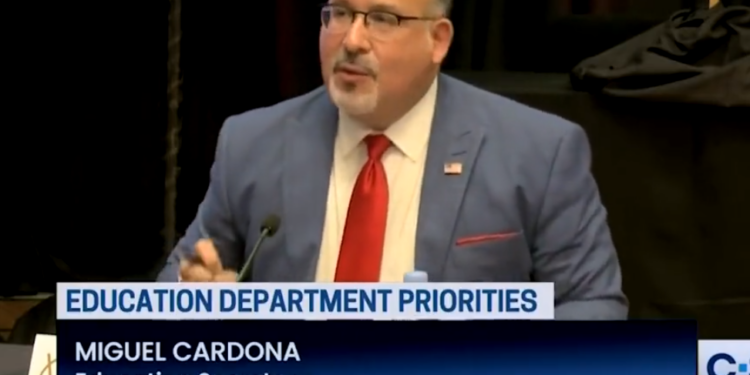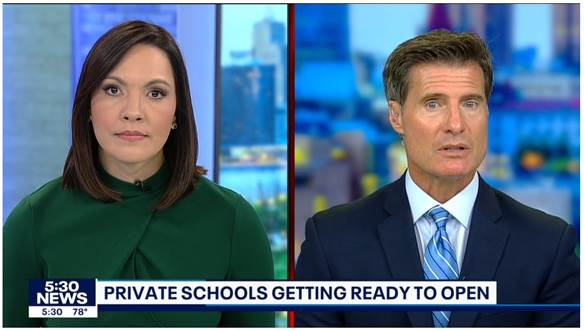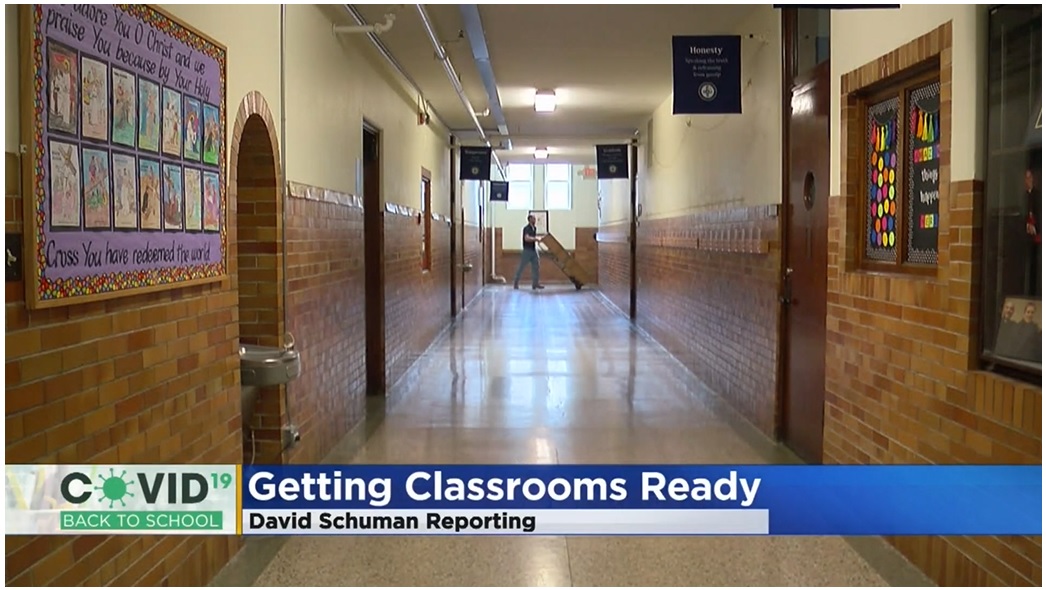One would think the U.S. Education Secretary would be an exemplar of the department he heads–a model demonstrating the heights to which the millions of students in America’s public schools can attain.
But an unfortunate speech by current U.S. Education Secretary Miguel Cardona suggests the Department of Education may not have the best man for the job at the helm.
Speaking today at a meeting of the Western Governors’ Association, Cardona “Pledg[ed] to make the Department of Education more ‘accessible’ to state leaders,” pulling in a historical quote to allegedly back up his words:
It’s true, we all have slips of the tongue, especially when speaking under pressure as Cardona was doing. Unfortunately, Cardona seemed dead serious in uttering this quote, completely oblivious to its true–and opposite–meaning.
His quote got me thinking, however, wondering just what kind of “help” the government is giving its students and the local teachers and schools which are supposed to be educating them. If the Nation’s Report Card (NAEP) is any indication, the government’s “help” isn’t helping that much.
Take the nation’s reading scores. In 2019, NAEP tested the nation’s 12th-grade students on their reading skills. The results weren’t pretty. Only 37% of students were proficient in the subject.

The last NAEP mathematics assessment was also in 2019. At that time, 24% of the nation’s 12th-grade students were proficient in the subject.

How about civics? In 2022, only 22% of 8th-grade students were proficient in the subject. The civics score dropped three points since the last assessment in 2018, marking the “first ever score drop,” according to the NAEP.

If you think that’s depressing, check out the 2022 NAEP assessment in U.S. history. Only 14% of 8th-grade students attained proficiency, a nine-point drop since 2014.

With scores like that, perhaps it’s no wonder Cardona can’t get even the most simple of historical quotes right. After all, the fish rots from the head down….
Perhaps it’s time to flee the institutionalized schools of the U.S. education system and find ones that actually train students to be historically accurate and sufficiently proficient in basic subjects?
—











![[downloaded during free trial]](https://oakmn.org/wp-content/uploads/2025/11/iStock-1430368205-120x86.jpg)

